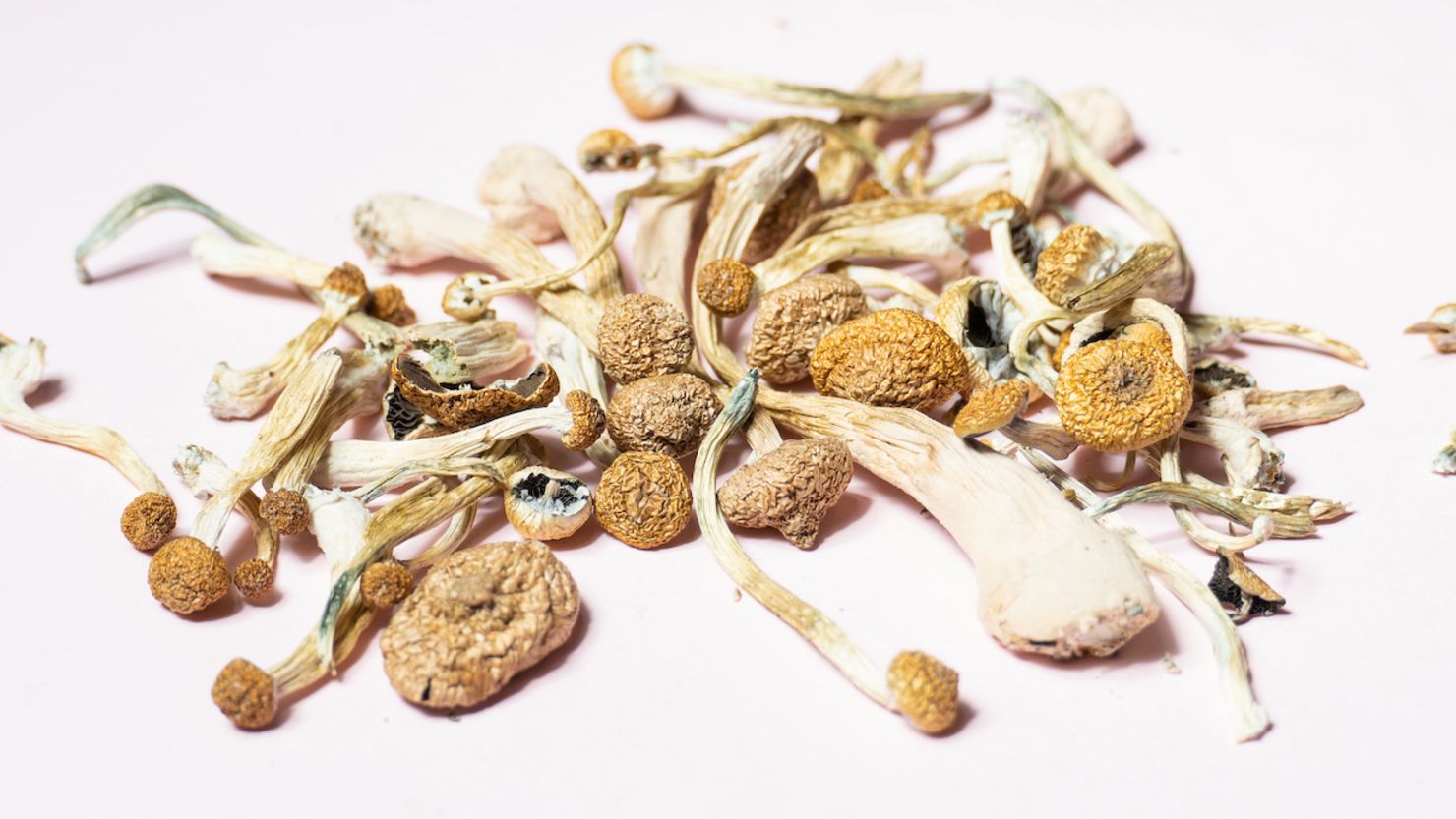It was probably only a matter of time before San Francisco made it easier to use magic mushrooms in the City by the Bay.
On Tuesday, the San Francisco Board of Supervisors unanimously passed a motion to decriminalize plant-based psychedelics like psilocybin and ayahuasca, CNN affiliate KPIX-TV reported.
The measure, resolution #220896, concerns entheogenic plants, another term for psychoactive plants, or plants that can induce changes in perception and mood. It calls for San Francisco police to give investigation and arrests related to use of such substances “the lowest priority.”
This category of drug includes psilocybin, or so-called “magic” mushrooms, and peyote, which are controlled as what’s known as “Schedule 1” substances by the United States Drug Enforcement Administration. (Ayahuasca isn’t technically in this category, but its active component, DMT, is.)
Those drugs are defined by the DEA as having no accepted medicinal use, and are at the top of the list for enforcement.
So far, it’s not clear what impact the motion will actually have on the policing of psychedelics in San Francisco. Some psychedelic practices, like the usage of ayahuasca within certain religious contexts, are already protected in the US under the principle of religious freedom, according to the resolution.
The San Francisco Police have not laid out a specific policy regarding entheogen use, KPIX-TV reported.
The resolution was sponsored by Supervisors Dean Preston and Hillary Ronen, according to KPIX-TV, and hailed by the organization Decrim SF, which released a statement of support.
“I am proud to work with Decrim Nature to put San Francisco on record in support of the decriminalization of psychedelics and entheogens,” said Preston, the resolution’s co-sponsor, in a statement.
“San Francisco joins a growing list of cities and countries that are taking a fresh look at these plant-based medicines, following science and data, and destigmatizing their use and cultivation. Today’s unanimous vote is an exciting step forward.”
The measure also urges the California and federal governments to decriminalize their usage.
San Francisco follows in the footsteps of its next-door neighbor, Oakland, California, which decriminalized plant-based psychedelics in 2019. But the legal path to psychedelic bliss in California has faced obstacles: just earlier this year, Senate Bill 519, which would have decriminalized entheogens across the state, was delayed pending further research.
The resolution defines entheogens as “the full spectrum of plants, fungi, and natural materials that can inspire personal and spiritual well-being, can benefit psychological and physical wellness, and can reestablish human’s inalienable and direct relationship to nature.”
The resolution cites research that has found psychedelics have meaningful health benefits, having been used in the treatment of PTSD, opiate and methamphetamine addiction, depression, and cluster headaches.
“There is an unmet need in San Francisco’s communities for the compassionate and effective care that these medicines provide,” said Decrim SF in its statement.





